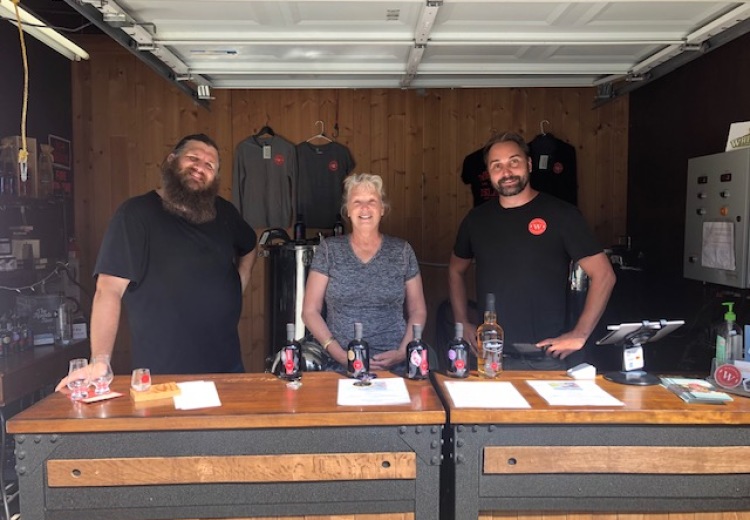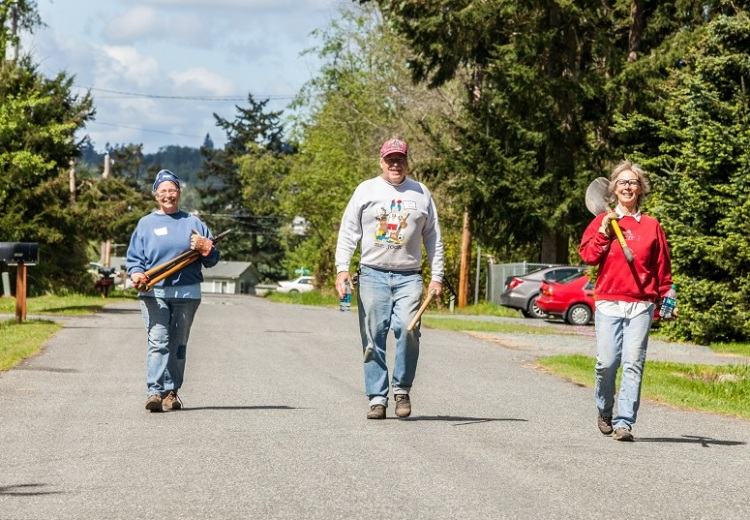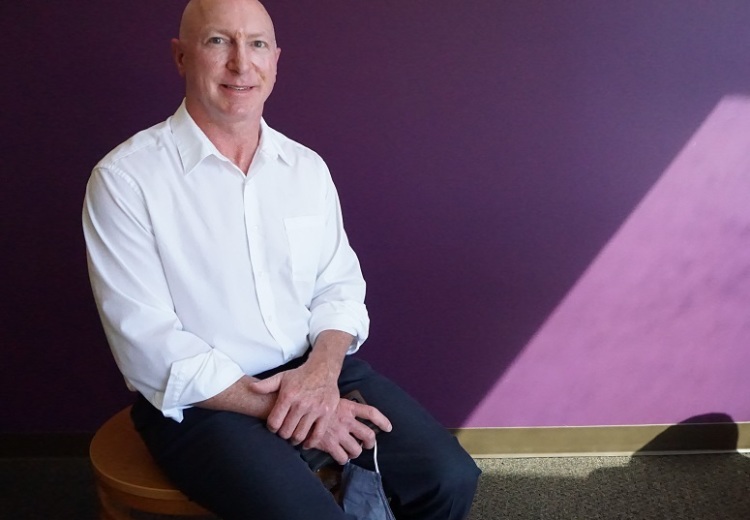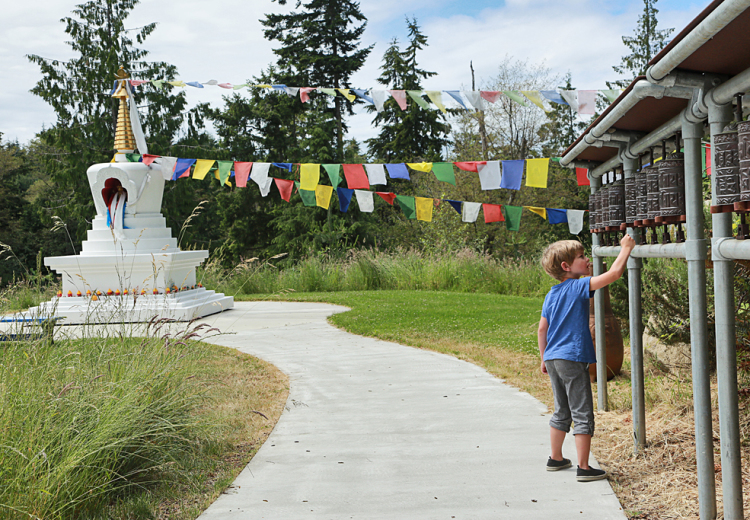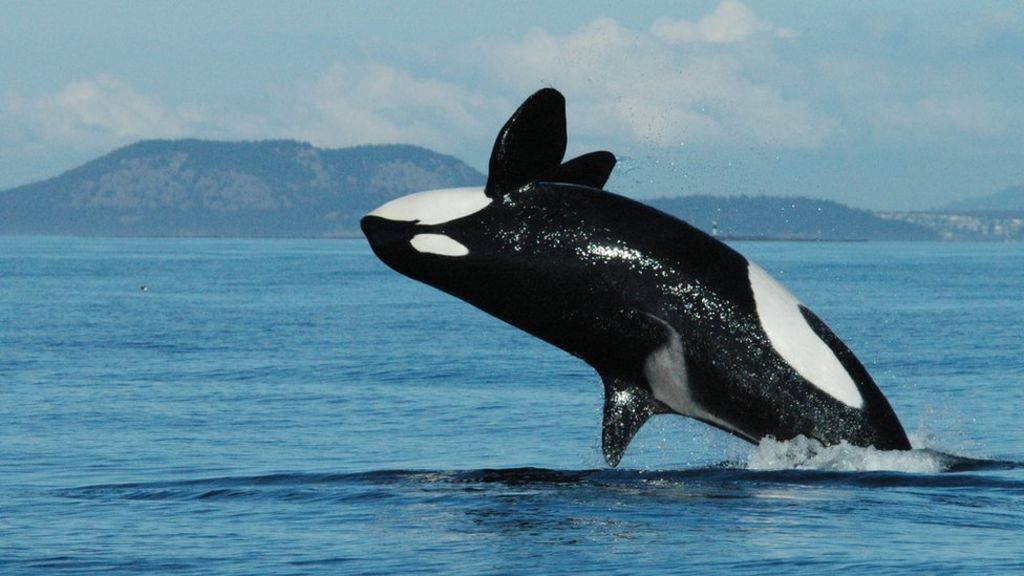
OLYMPIA - The Washington State Recreation and Conservation Office (RCO) today announced the award of more than $11 million in grants to 11 Chinook salmon habitat and hatchery projects from a new grant program under the Pacific Salmon Treaty. NOAA Fisheries is distributing the funding across Puget Sound and the West Coast to support Southern Resident killer whale and Chinook salmon recovery.
“These whales are at the heart of who we are in the Pacific Northwest, from our maritime history to our cultural heritage,” said Kaleen Cottingham, RCO director and member of the Governor’s Southern Resident Killer Whale Task Force. “We’re proud to be part of this collaborative effort working to recover these beloved creatures and look forward to seeing these projects unfold throughout Puget Sound and coastal Washington.”
The goals of the funding include increasing Chinook salmon prey for Southern Resident killer whales by 4-5 percent.
"Canada, the United States, and native tribes share West Coast salmon stocks, and we also share a strong interest in and desire to recover endangered Southern Resident killer whales,” said Scott Rumsey, Deputy Regional Administrator for NOAA Fisheries’ West Coast Region. “Thanks to funding under the Pacific Salmon Treaty we can now 'put our money where our policies are' with important financial commitments to recover at-risk salmon stocks, sustain West Coast salmon fisheries, and support killer whale conservation and recovery in Washington and beyond."
Funded projects include eight habitat protection and restoration projects in Puget Sound and Hood Canal and three hatchery-focused projects. The funding is associated with a new 10-year Pacific Salmon Treaty agreement completed in 2019.
Funding will also support projects implemented by the Nooksack Indian Tribe, Upper Skagit Indian Tribe, Stillaguamish Tribe of Indians, Snohomish Tribe of Indians, and Tulalip Tribes.
“Our Tribe is very excited that it received this RCO grant that will enable dike setback along the lower Dungeness River to restore almost 2 miles of habitat and floodplain connectivity - allowing the river room to breathe,” said W. Ron Allen, chair of the Jamestown S'Klallam Tribe. “A healthy river means healthy salmon.”
A full list of projects is available on RCO’s Web site.
Since 1999, RCO, through the Salmon Recovery Funding Board (SRFB), has distributed more than $1.23 billion in state and federal funds to advance salmon recovery statewide, with more than $649 million directed toward efforts in the Puget Sound.
Created in 1964, the Recreation and Conservation Office provides statewide leadership and funding to protect and improve the best of Washington’s natural and outdoor recreation resources.


